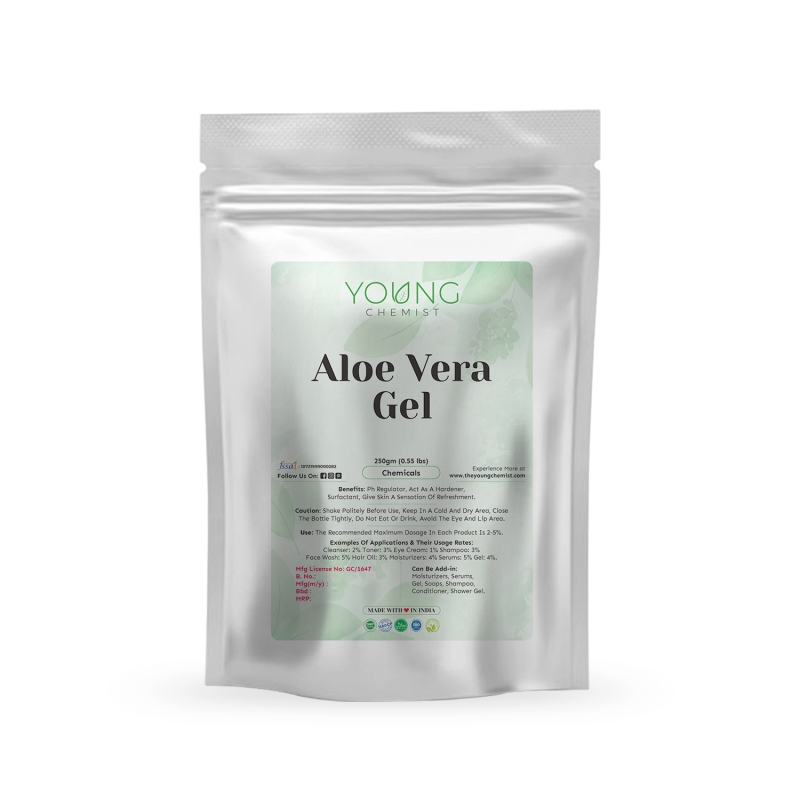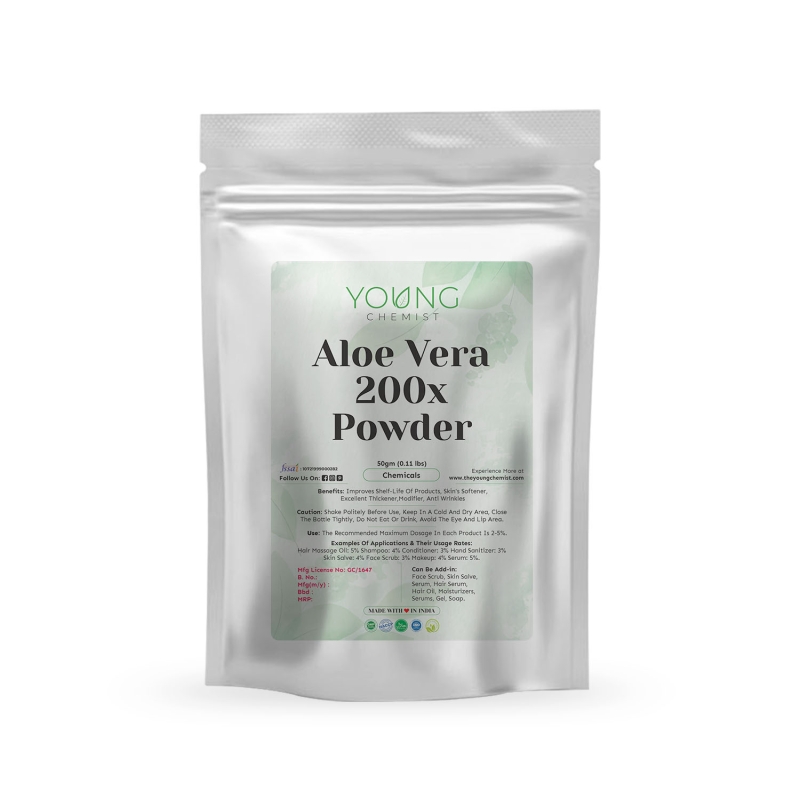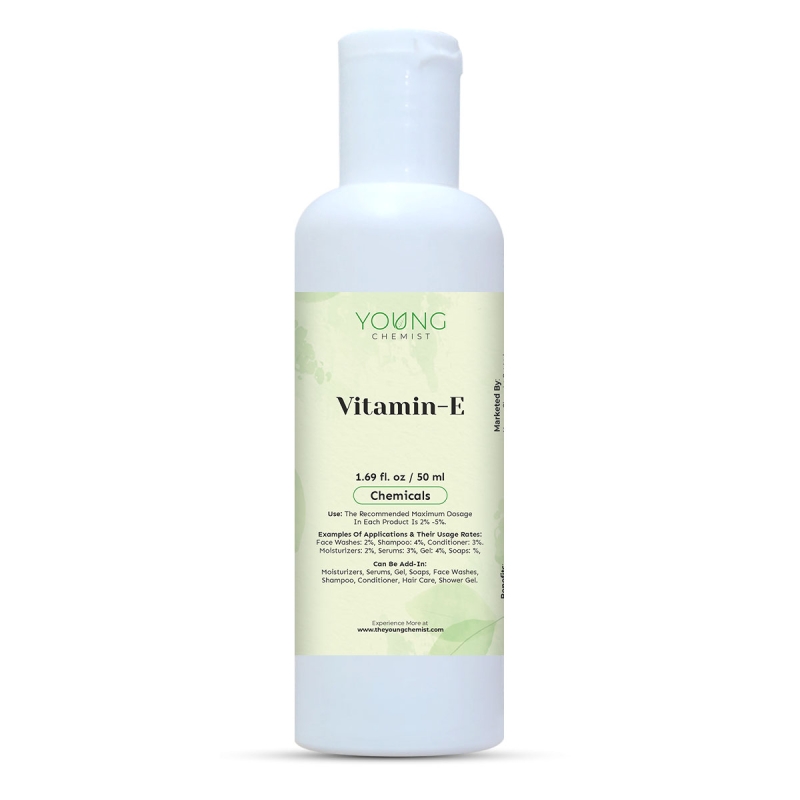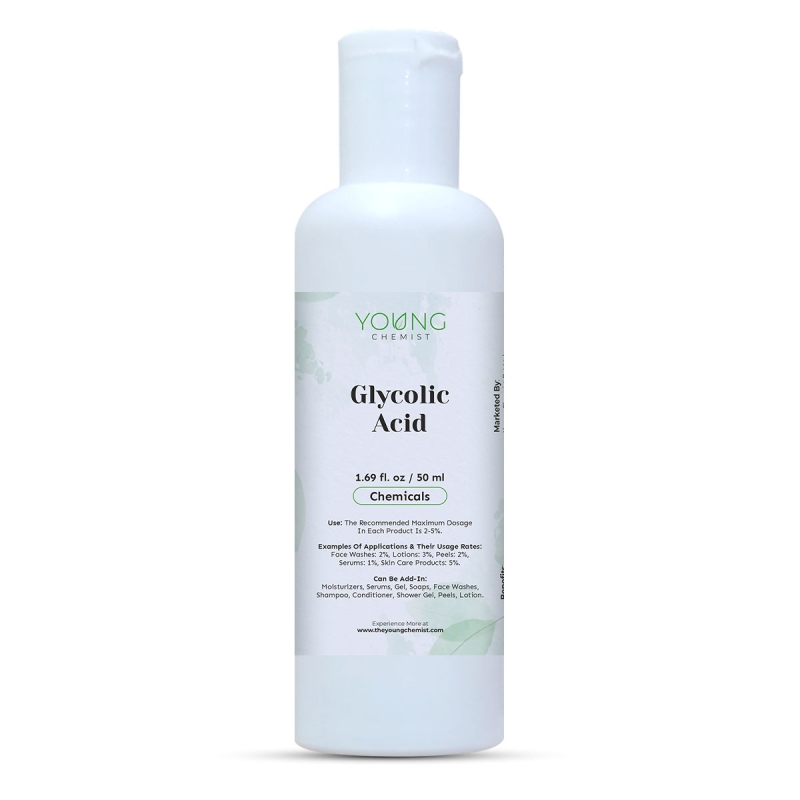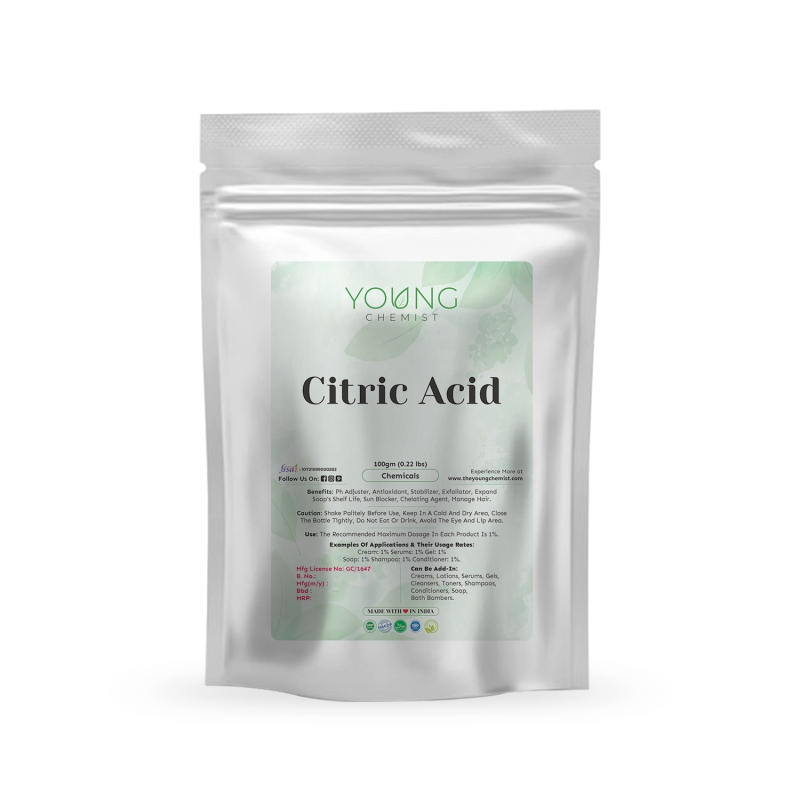-
No Item Added in Cart.

Sodium Benzoate
SKU: CC-PRSTV-SDMBZT
Size

40 customers are viewing this product



Young Chemist Sodium Benzoate is a common cosmetic chemical that offers several benefits in various personal care products. Here is a description of Sodium Benzoate, its benefits, how to use it, and some cautions to keep in mind:
Sodium Benzoate is a white, crystalline powder derived from benzoic acid. It is widely used as a preservative in cosmetic formulations due to its ability to inhibit the growth of bacteria, yeast, and fungi. Sodium Benzoate is soluble in water and has a pH-dependent antimicrobial activity.
Sodium Benzoate is typically incorporated into cosmetic formulations during the manufacturing process. The specific usage rate may vary depending on the product and its intended purpose. It is essential to follow the recommended guidelines and formulation instructions provided by the manufacturer or consult with a cosmetic chemist.
- Preservation: One of the main benefits of Sodium Benzoate is its preservative properties. It helps extend the shelf life of cosmetic products by preventing the growth of harmful microorganisms, thus ensuring product safety and stability.
- Anti-microbial properties: Sodium Benzoate exhibits antimicrobial activity against a wide range of bacteria, yeast, and fungi. This helps to maintain the integrity of cosmetic formulations and prevents spoilage.
- pH stabilization: Sodium Benzoate can act as a pH adjuster, helping to stabilize the acidity or alkalinity of cosmetic products. This is particularly useful in formulations where pH control is important for product effectiveness and compatibility with the skin.
- Sensitivity: Some individuals may have a sensitivity or allergic reaction to Sodium Benzoate. If you experience any signs of irritation or discomfort after using a product containing this ingredient, discontinue use and seek medical advice.
- Compatibility: While Sodium Benzoate is generally considered safe for cosmetic use, it may not be compatible with certain ingredients or formulations. It is important to conduct compatibility tests and consult with a cosmetic chemist to ensure the ingredient's suitability for specific formulations.
- Regulatory restrictions: Sodium Benzoate is approved for use in cosmetics by regulatory authorities in many countries. However, it is essential to comply with local regulations and restrictions regarding its usage and concentration limits.
Always refer to the product label and consult with a healthcare professional or cosmetic expert for personalized advice and information regarding the use of Sodium Benzoate in cosmetic products.

Swati Patidar
Product Questions
Sodium benzoate is a chemical compound that acts as a preservative. It's often added to foods like soft drinks, jams, and pickles to extend their shelf life.
Yes, sodium benzoate is generally considered safe for consumption when used in appropriate amounts. It has been approved by various food safety agencies worldwide.
While sodium benzoate is generally safe, excessive consumption can lead to side effects like headaches, nausea, and allergic reactions in some people. However, these adverse effects are rare.
No, sodium benzoate is not a natural preservative. It is a synthetic compound produced in laboratories.
Sodium benzoate works by inhibiting the growth of microorganisms that cause food spoilage. It creates an acidic environment that is unfavorable for the growth of bacteria and fungi.
While it may be difficult to completely avoid sodium benzoate, you can reduce your intake by choosing fresh, unprocessed foods and reading food labels carefully. Look for products that do not contain sodium benzoate or other preservatives.
Yes, sodium benzoate and benzoic acid are chemically similar. Sodium benzoate is the sodium salt of benzoic acid.
No, sodium benzoate is not used in all foods. It is primarily used in acidic foods like soft drinks, jams, and pickles.
Yes, there are alternative preservatives that can be used in place of sodium benzoate, such as potassium sorbate and sorbic acid. However, these alternatives may have their own potential risks and benefits.
There is no simple home test for sodium benzoate. If you are concerned about the presence of sodium benzoate in your food, you can contact the food manufacturer.
Reviews (1)

Swati Patidar


